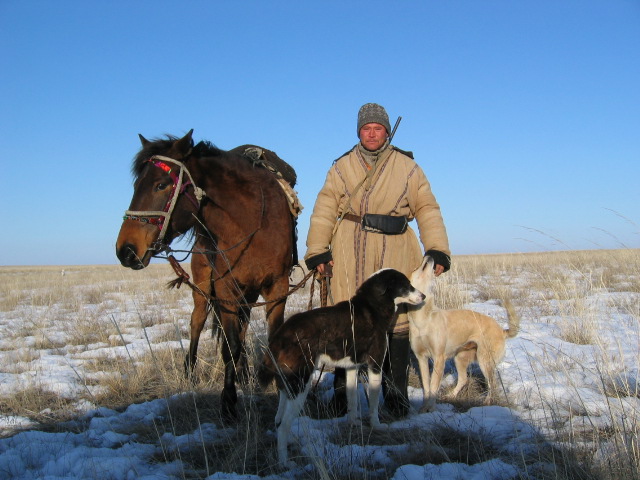They’ve come to be man’s best friend, but Clive D. L. Wynne, professor of psychology at Arizona State University, believes dogs originated from vermin.
“In fact,” added Wynne, speaking at CASW’s New Horizons in Science, part of the ScienceWriters2013 meeting in Gainesville, FL, “they may have even qualified as parasites.”
In his “Rethinking the Origins of Dogs” presentation to science writers, Wynne debunked popular myths about how dogs came to be beloved household pets.
Dogs did not evolve from wolves, he said. So, where did they come from?
“This is where,” he said.
Wynne then flipped to an image of the Mexico City dump, showing several mangy dogs digging through mounds of trash.
Pet dogs still in the minority
It wasn’t all that long ago that stray dogs roamed American communities, Wynne said, pointing to another picture from the early ‘70s of a man dropping food out of his window to a hungry pup below.
Today, “more than 80 percent (of dogs) live as scavengers,” Wynne said. “Only a minority of dogs lives as pets in people’s homes.”
Dogs stumbled into that domesticated role, Wynne said, when people recognized their functionality.
Wynne referenced a number of international studies. Unlike wolves, which dart away when someone gets within 200 meters of them, Wynn said feral dogs can tolerate a human standing 5 meters away. They are docile, friendlier, and more approachable.
Dogs also gained positive attention for their bark. Instead of being a nuisance, the noise could alert a tribe to the presence of an unwanted creature, like a bear. Wolves don’t bark, Wynne added.
Canine cuisine
Early civilizations found another use for the dog, too, Wynne said.
“The second thing,” he said, pausing, “you could eat it.”
Wynne clicked the next slide, and an infographic showing the number of registered dog butchers in Germany during the early 20th century popped up.
“There were tens and thousands (of them),” Wynne said.
Wynne then pulled up a survey from a newspaper in Switzerland, where he said it remains legal to eat dogs. The survey asked if Swiss readers had ever eaten a dog. According to the poll, 16 percent said they had tried dog.
Mutual affection existed between dogs and humans because they hunted together, Wynne said.
Again, unlike the wolf, “the dog had to share with you,” Wynne said, “because, by and large, they’re too puny to complete the kill without you.”
Audience member Lina Leon, 20, said the presentation, which was “a bit” radical, challenged her understanding of how dogs came to fill the niche they do.
